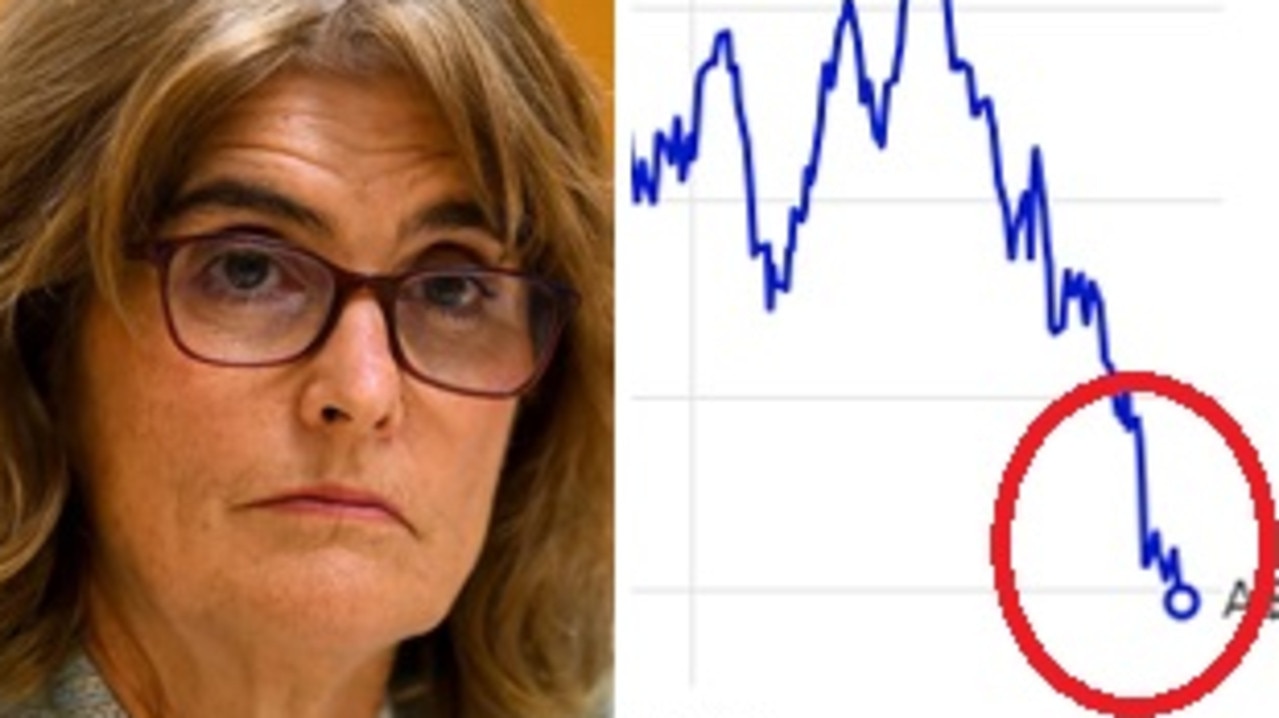What a rate cut will mean for homeowners in every suburb
How much mortgage holders in every Queensland suburb will save on their repayments after one, two, three or four interest rate cuts. INTERACTIVE
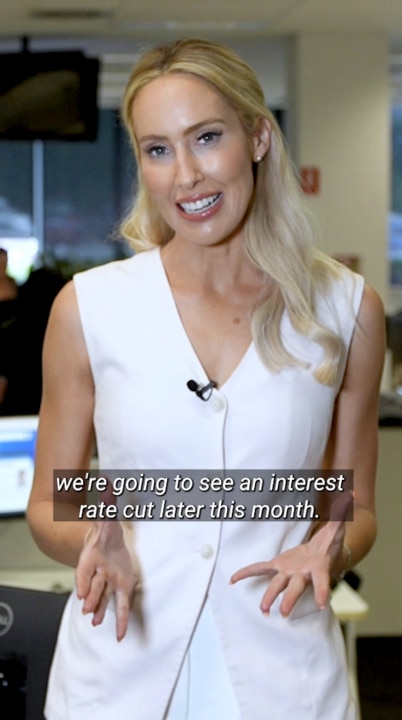
Homeowners could save up to $400 a month in some suburbs after just one rate cut, with struggling Queenslanders eyeing relief within weeks as pressure mounts on the Reserve Bank to act.
With markets now pricing in four interest rate cuts this year, household savings could rise as much as $1,640, with new data revealing how a series of cuts will impact mortgage holders across the state.
PropTrack’s suburb-by-suburb breakdown shows homeowners in high-demand areas like New Farm, Mermaid Beach on the Gold Coast, and Sunshine Beach on the Sunshine Coast could have between $1560 and $1640 extra in the kitty after four rate cuts. Current mortgage repayments in these blue-chip suburbs average between $14,470 and $15,250 per month.
SEE FULL LIST OF SUBURBS BY AVERAGE MORTGAGE SAVINGS
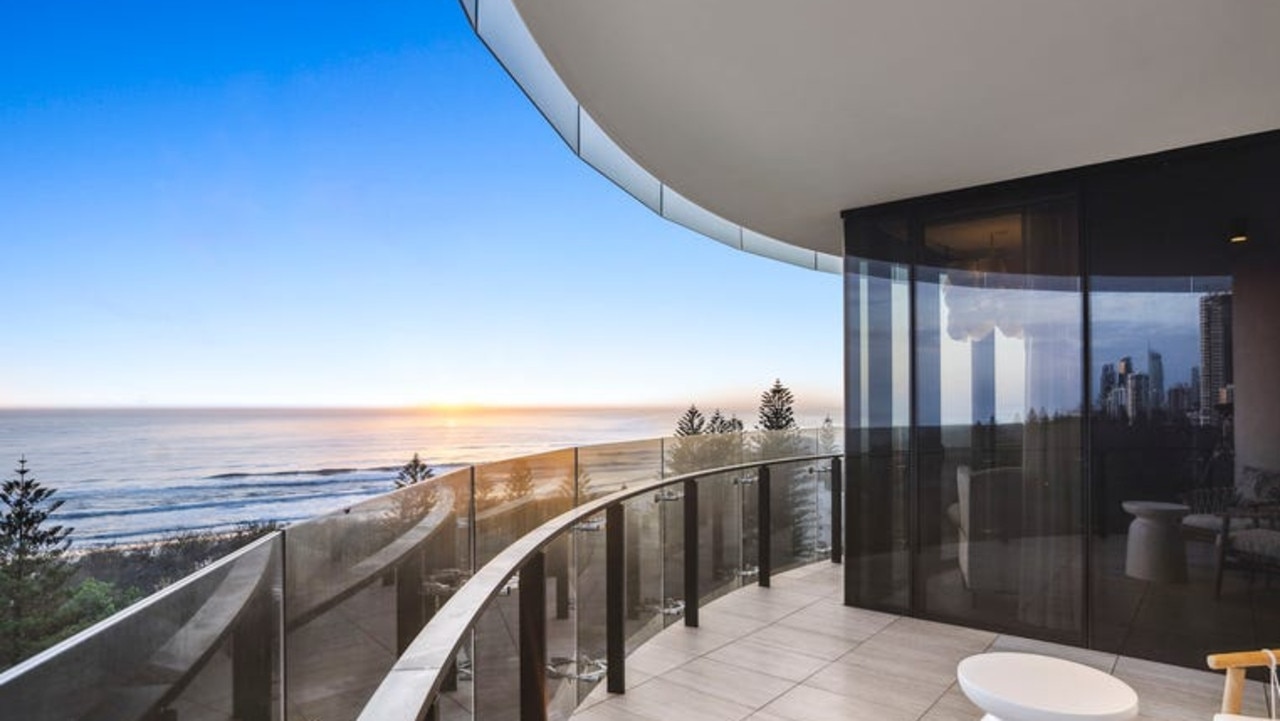
Households in the similarly cashed-up enclaves of Hamilton and Ascot as well as Bundall on the Gold Coast would save $300 a month after just one cut.
By comparison, citywide figures showed homeowners paying off a 30-year mortgage for a typical Brisbane house priced at $890,000 would save $120 after one rate cut, and $470 after four.
In the more affordable fringe suburbs, a Logan Central house owner earning $51,600 a year, and currently paying off $3,150 a month, would have an extra $80 to put food on the table by next month, if the RBA acts, rising to $340 after four cuts.
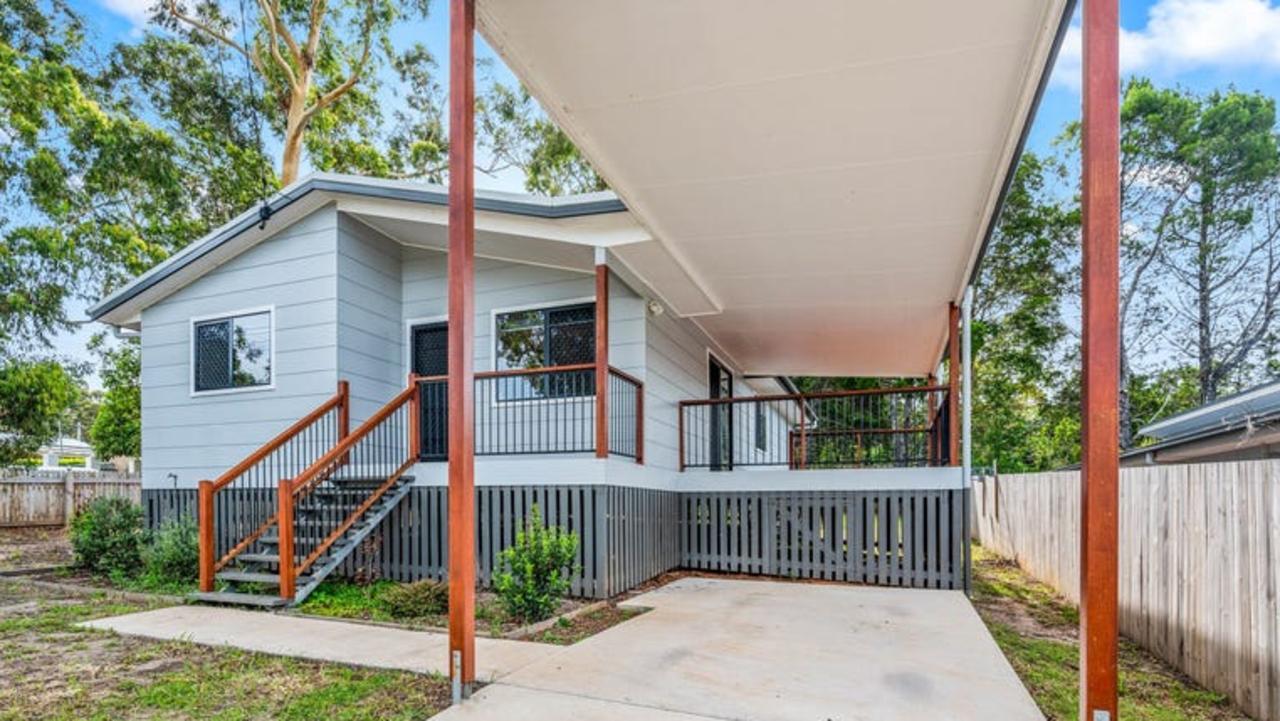
Across Greater Brisbane, the minimum saving on loan repayments for a house was $50 after one cut or $210 after four, in the remote suburb of Russell Island, where the median house price is $400,000.
The data calculated savings after one, two, three or four interest rate reductions, for a recent buyer with a 20 per cent deposit towards a median-priced home, currently paying the average rate for new home loans.
PropTrack economist Angus Moore said the drop in underlying inflation to 3.2 per cent for the year to December, below the RBA’s 3.4 per cent forecast, could trigger rate cuts for the first time since November 2020, when the official rate was slashed to a historic low of 0.10 per cent.
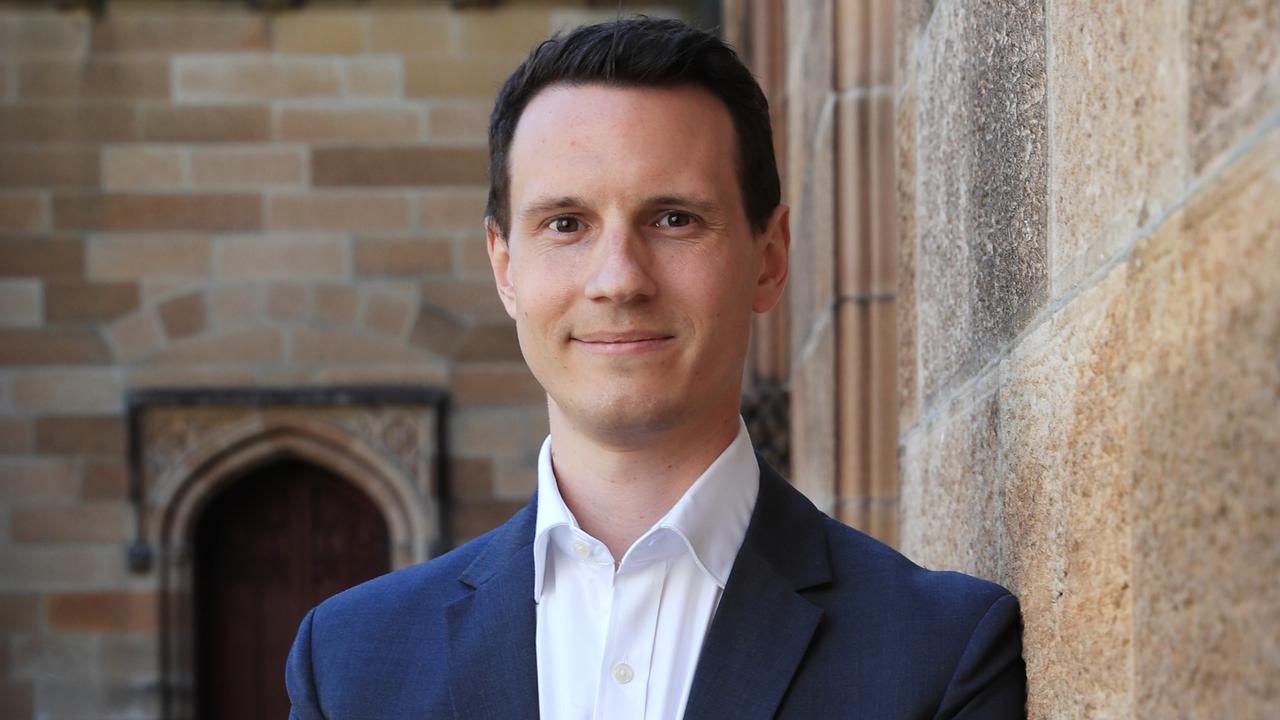
“If it’s not February, it will be very soon, and markets are pricing in three to four cuts this year,” Mr Moore said.
“That’s good news for mortgage holders and aspiring buyers, helping to improve housing affordability, which has been at its worst levels on record — especially in Queensland, where extremely strong price growth along with higher interest rates have made mortgage rates much more expensive.”
Mr Moore cautioned rates were unlikely to return to pandemic lows. While inflation was a key factor considered by the RBA, low unemployment could delay reductions.
The RBA has kept rates at 4.35 per cent since November 2023.
Financial markets are forecasting a 95 per cent change of a rate cut to 4.1 per cent when the RBA board meets on February 17 and 18, according to the ASX rate tracker.
All four big banks are now backing an imminent decrease, with the NAB predicting 25 basis points off, followed by gradual reductions through to next year.
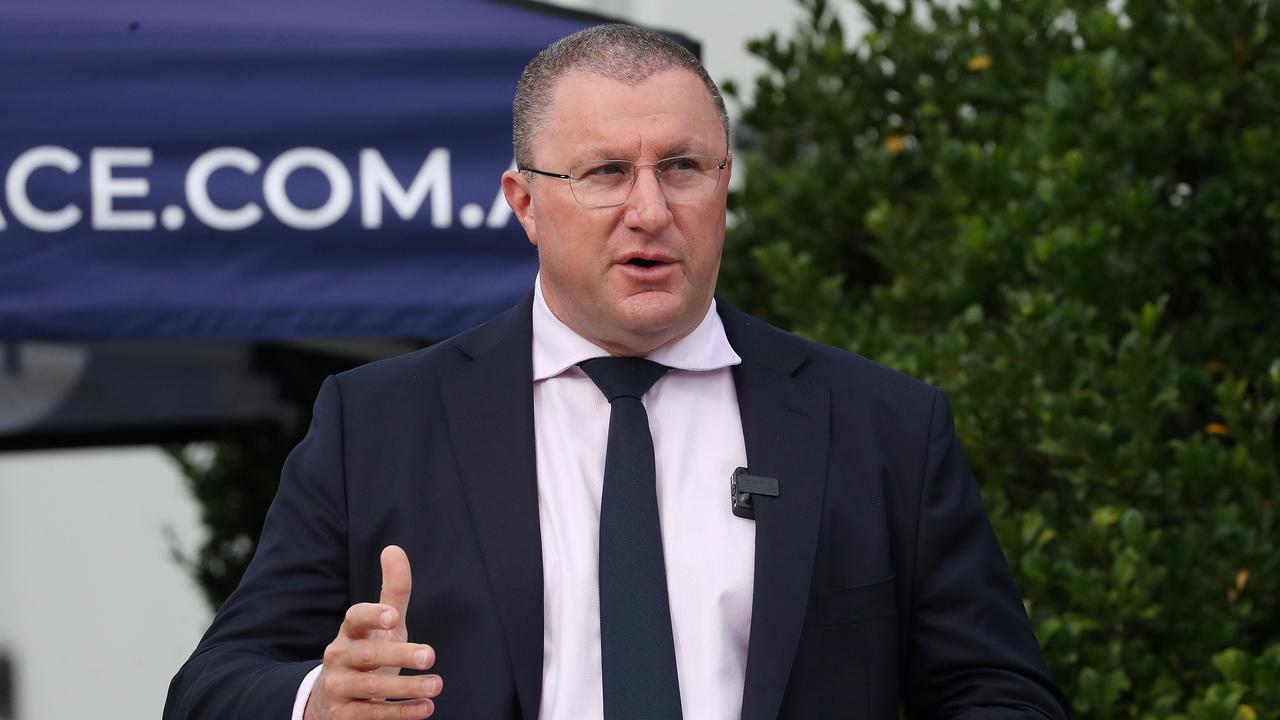
While rate cuts would provide relief, they could also drive property prices higher, according to
Place Estate Agents’ chief auctioneer Peter Burgin.
“Lower interest rates mean more buying power, and that often translates to higher property prices. While lower rates allow buyers to borrow more, they also bring more buyers into the market, increasing competition and ultimately pushing up prices,” Mr Burgin said.
“Immigration, migration from interstate, and population growth are driving ongoing demand.”
Buyers’ agent Lauren Jones said it had become “almost impossible” for buyers whose borrowing capacity was less than $500,000 to get on the property ladder.
“I’m seeing a lot of first-home buyers priced out of the Brisbane property market for good,” Ms Jones said.
“More investors are wanting to get in sooner than later, as they believe the market will shoot up again once rates drop.”
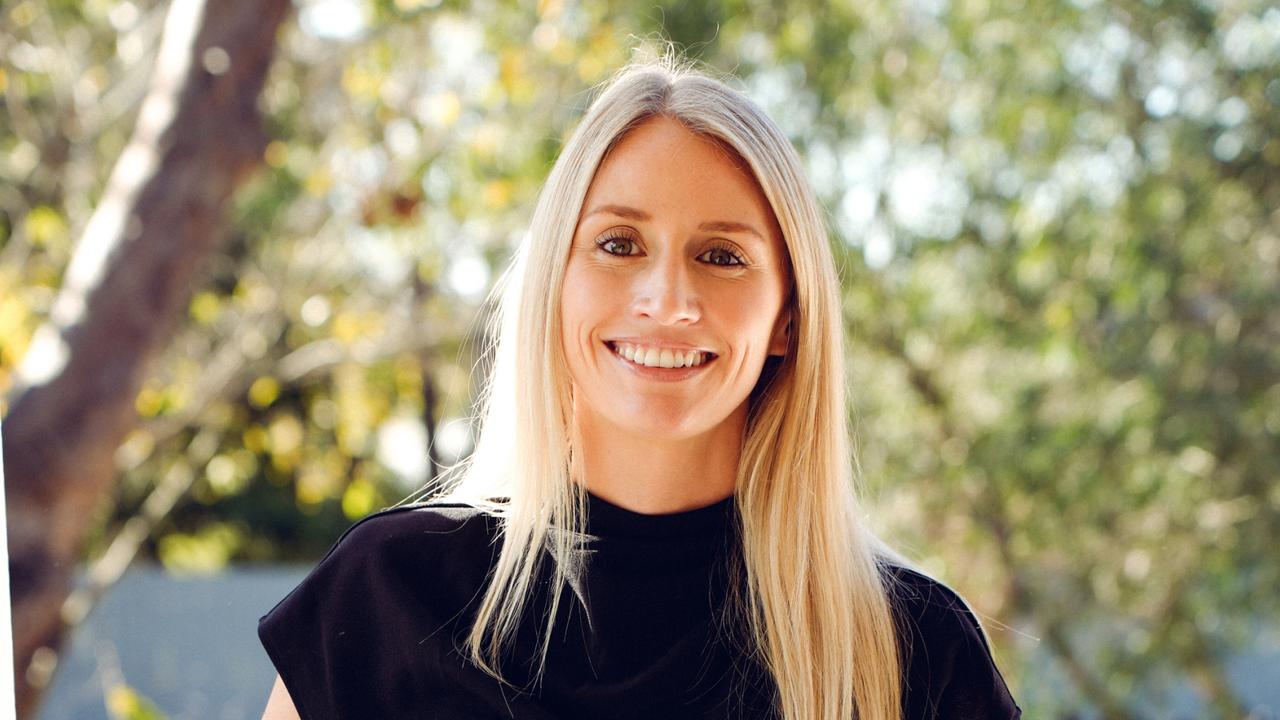
Canstar’s data insights director Sally Tindall said: “The last two and a half years have been incredibly tough for households with a variable rate mortgage, particularly those that overstretched themselves to get into an overheated property market when rates were at record lows.”
Ms Jones said lower-income households who bought when rates were around 2 per cent were worst affected.
“Many are having to sacrifice on things like holidays away, or trying to work additional hours,” she said.
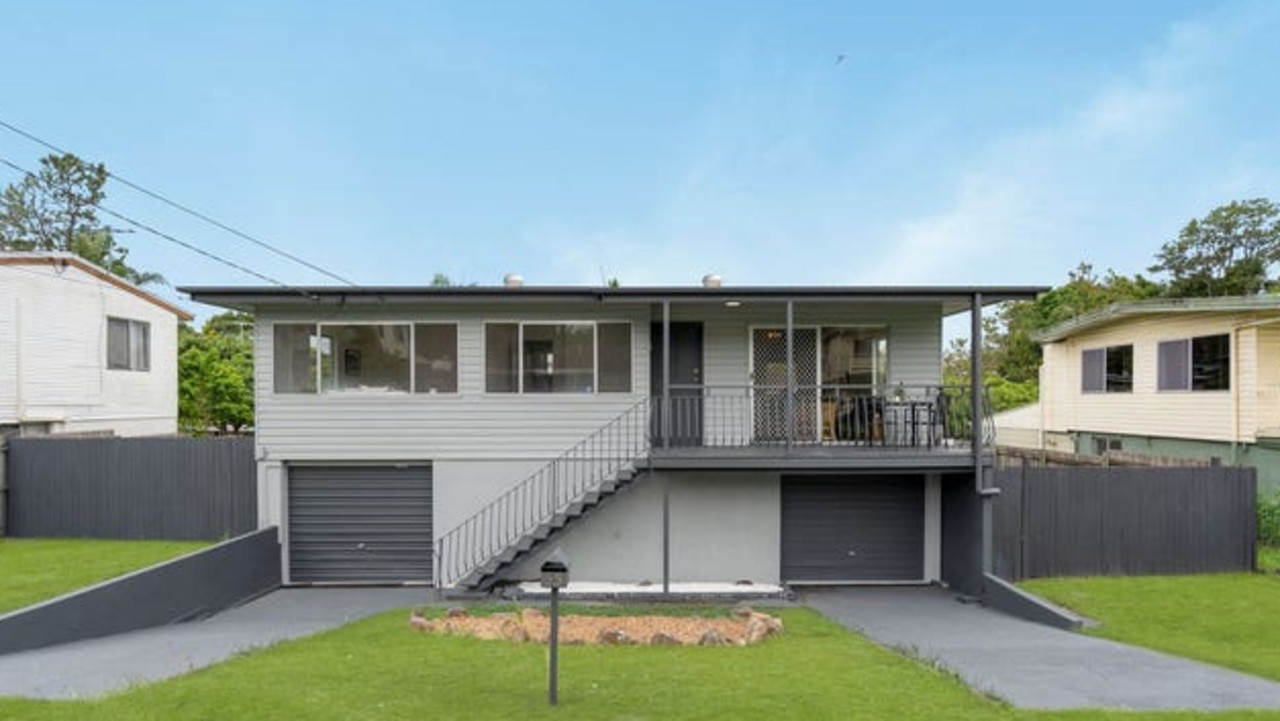
MORE NEWS
Celebrities circle influencer’s rent-or-buy mansion
Landmark riverfront estate sells in days
Big bank’s shock double rate cut ahead of RBA
Proptech founder Aaron Scott, of bRight Agent, said Roy Morgan research showed around 30 per cent of Aussie loan holders, or 1.5 million families, were suffering from mortgage stress, compounded by rising living costs including fuel and groceries.
“A rate cut might sound like good news, but it’s unlikely to make a meaningful difference for many homeowners already stretched to their financial limits,” Mr Scott said.
“Although the RBA’s interest rate hikes didn’t curb property prices as expected, they have been successful in stripping money out of savings accounts through higher mortgage repayments.
“Inflation has compounded year after year, and real wages still have a long way to go to catch up to pre-COVID norms. A small interest rate cut won’t undo the financial stress that has already set in.”
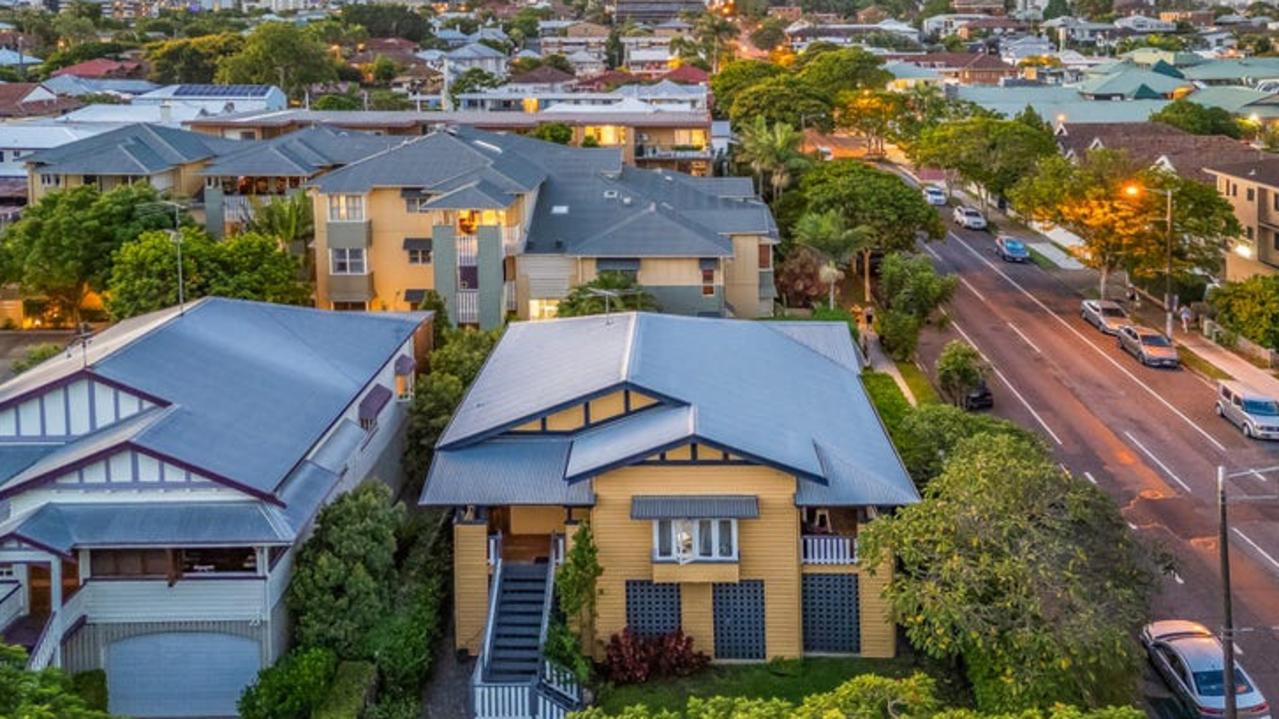
Originally published as What a rate cut will mean for homeowners in every suburb

